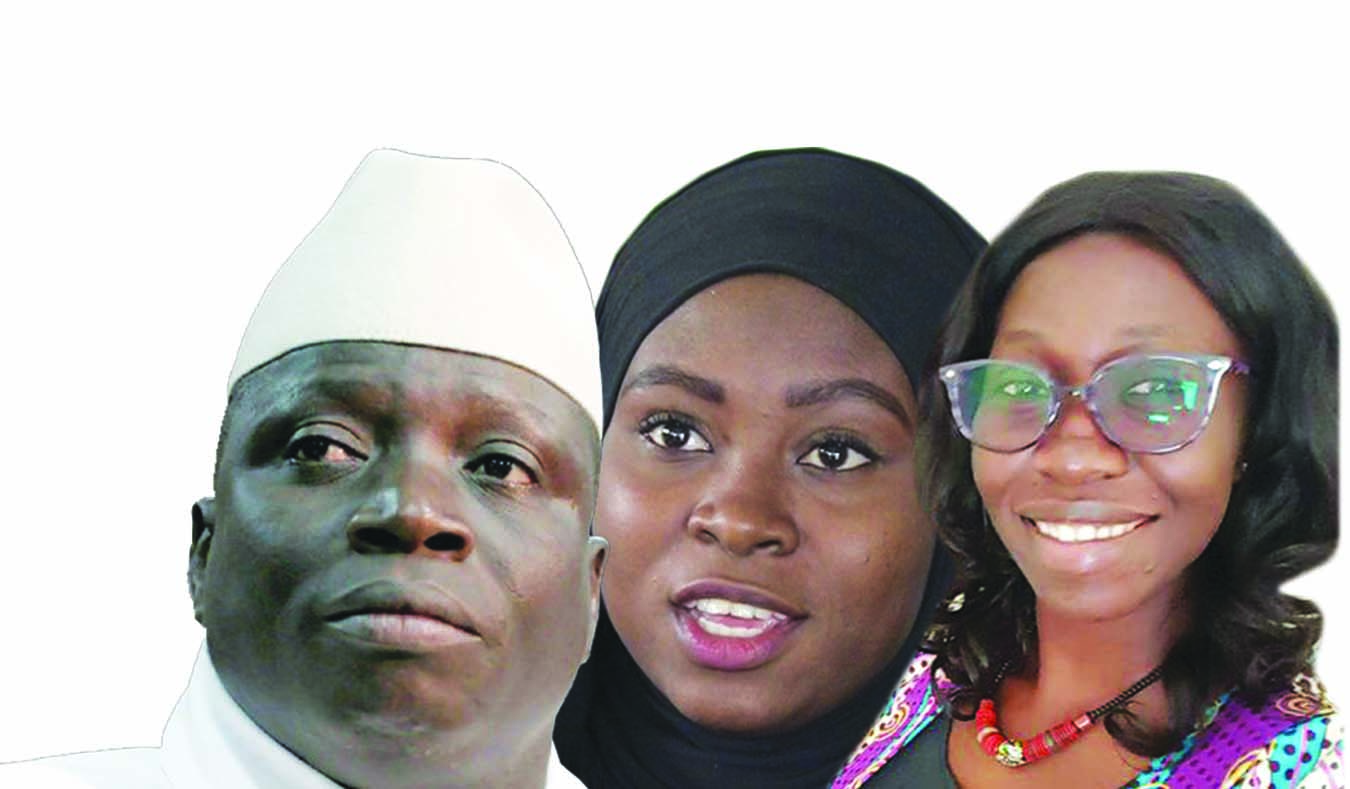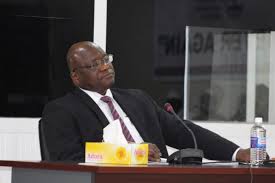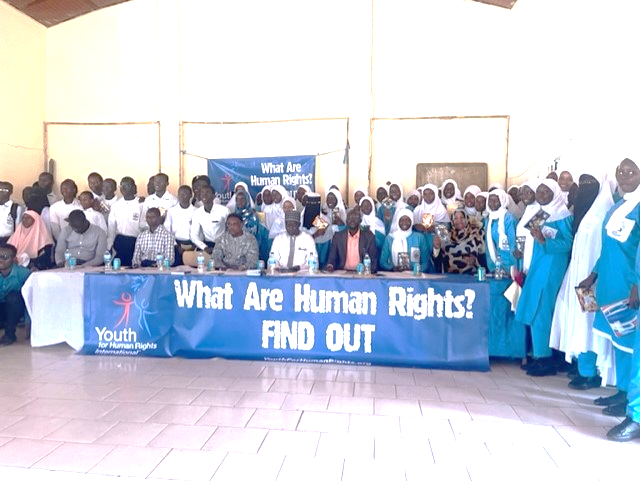By: Fatou Krubally
The Senegalese human rights organization RADDHO on Tuesday joined discussions on justice, reparations, and reconciliation during a high-level panel held at the Sir Dawda Kairaba Jawara International Conference Centre, as part of the 83rd Ordinary Session of the African Commission on Human and Peoples’ Rights.
RADDHO — the Rencontre Africaine pour la Défense des Droits de l’Homme took part in the panel to share Senegal’s experiences in navigating political crises between 2021 and 2024, and to contribute to broader reflections on how African countries can deal with justice and reconciliation after unrest.
“We came to share the Senegalese experience and also learn from what others are doing,” said Mouhamadou Seck, RADDHO’s Secretary General. “We believe justice and reparations are critical for lasting peace, and women have a key role to play in that process.”
The panel, organized by other civil society groups in collaboration with the African Commission, brought together voices from across the continent. According to Seck, Senegal’s experience captured the attention of participants from Mauritania and other African countries who shared recommendations and drew comparisons with their national contexts.
RADDHO’s Programme Director, Oumy Cantome Sarr, noted that despite challenges, there have been improvements in Senegal, particularly in terms of freedom of expression. “Thanks to the development of social media, people are speaking more freely. But we still receive many complaints from victims of human rights violations at our regional offices,” she said.
While in The Gambia, RADDHO also highlighted deep concerns about Senegal’s asylum system, which it described as “one of the weakest in West Africa.” Seck said asylum seekers wait years for basic documentation and remain in limbo due to systemic failures. “Even when they finally get ID cards or passports, these documents are often not recognized,” he said.
RADDHO, which has supported refugees from various countries over the years, says it continues to face funding constraints. “We operate largely as volunteers,” Seck said, “but we remain committed to advocating for those whose voices are not heard.”





